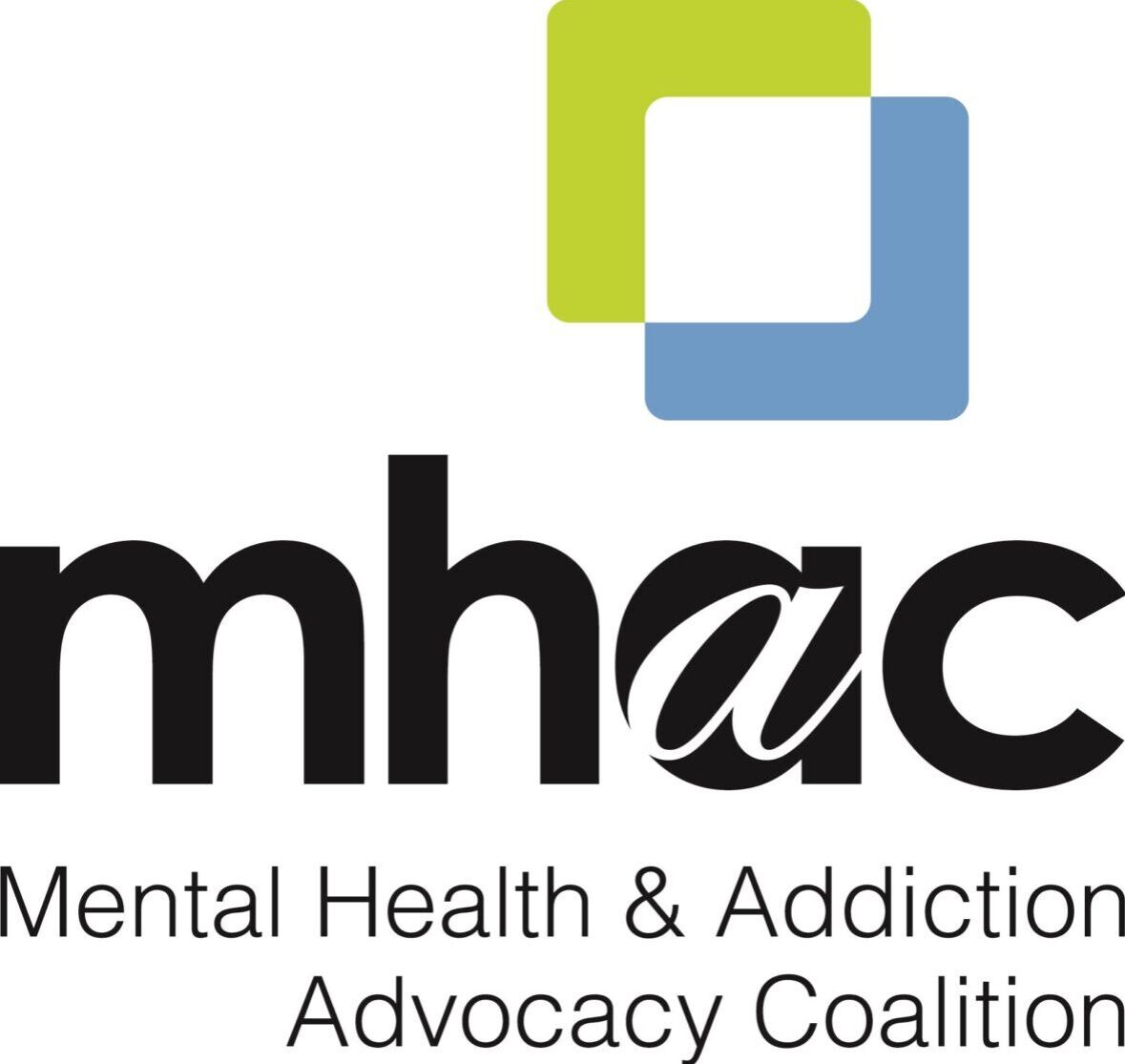MHAC State Program & Policy Director Laura Padgett shares updates on the State Operating Budget and more.
State Operating Budget – House Bill 96
The House passed House Bill 96 on the floor on April 9 with a 60-39 vote, after passing the House Finance Committee a day earlier on a 19-10, party-line vote. The Senate has already started hearings on the bill and will continue deliberations, with a goal to pass the bill by June 12.
Medicaid Expansion “Trigger”
The House’s budget retained a provision eliminating Medicaid expansion if the federal match drops below 90%. The MHAC has joined the Ohio Medicaid Matters Coalition to advocate on behalf of individuals covered under the Medicaid expansion program and the devastation this would cause if over 700,000 Ohioans lose Medicaid coverage
- Advocacy Talking Points from OMM
- Single Ohio mother worries of losing Medicaid
- Ohio Medicaid advocates rally in new coalition against possible massive Trump, state cuts
Continuous Medicaid Eligibility for Children- The MHAC submitted comments supporting the Ohio Department of Medicaid’s application for continuous eligibility for kids; however, the House budget repealed the requirement for ODM to seek approval to provide continuous enrollment for Medicaid from birth through age 3.
Medicaid Payment Rates:
- Removed provisions that permitted ODM to establish Medicaid payment rates for community behavioral health services that exceed authorized rates under Medicare.
- Removed the sub-bill provision requiring providers to bill Medicaid at median private insurance rates.
988 Funding: Funds 988 at $20 million in each fiscal year, reducing funding by $11 million in FY26 and $21 million in FY27 from the as-introduced levels.
Drug Overdose & Project DAWN: reduced the Chronic Disease, Injury Prevention and Drug Overdose line, which funds Project DAWN, by $3 million in each fiscal year, leaving $5 million in FY26 and $5.2 million in FY27. Reduced the earmark for local health providers’ harm reduction efforts to $156,250 in FY26 and $158,981 in FY27.
Adult Protective Services: increased funding by $2 million in each fiscal year.
Student Wellness and Success Funds: Removed provisions requiring school planning and other reporting requirements for Student Wellness and Success Funds.
Legislation Updates
- Higher Education DEI Bans: Governor DeWine signed Senate Bill 1 on March 28, banning most diversity programs and faculty strikes at Ohio public universities. The final version included provisions allowing colleges and universities to apply to the Ohio Department of Higher Education for exemptions to the bill’s DEI bans to comply with other state and federal laws or accreditation standards and clarified that institutions are not prohibited from complying with disability services statutes. More Info
- Mental Health Services for Youth: House Bill 172, recently introduced, proposes prohibiting mental health services to minors without parental consent. This bill is under consideration in the House Health Committee.
- Replacement Levies: House Bill 28 would prohibit local governments and taxing jurisdictions from putting replacement levies on the ballot. It has passed the House and is under consideration in the Senate Ways & Means Committee.
- Substance Abuse Instruction: Senate Bill 7, regarding instruction in schools about the harmful effects of substance use, passed the Senate on April 9 and will now go to the House for further consideration.
- ADAMHS Boards: Senate Bill 138, modifying various laws for ADAMHS Boards, received a hearing in the Senate Addiction and Community Revitalization Committee, with proponent testimony from several organizations, including the Ohio Alliance of Recovery Providers, the Ohio Association of County Behavioral Health Authorities, the Ohio Council of Behavioral Health and Family Service Providers, and the Ohio Children’s Alliance.
New Legislation Regarding Insurance
A slew of legislation has been introduced in both chambers within the last couple of weeks addressing insurance coverage, claims, providers, billing, network adequacy, and prior authorization issues.
- Senate Bill 162 – Proposes limiting the time insurers have to recoup payments to the amount of time providers are given to submit claims.
- Senate Bill 164 – Proposes prohibiting insurers from using AI as the sole basis for making claims decisions.
- Senate Bill 165 – Proposes prohibiting insurers from denying claims based solely on “diagnosis code or impression, current ICD code, duration of an appointment as deemed clinically necessary by the enrollee’s provider or select procedure code relating to the enrollee’s condition.”
- Senate Bill 166 – Proposes specifying that insurers are not permitted to charge a provider for receiving reimbursement electronically.
- House Bill 214 – Proposes creating a prior authorization “gold card.” Requires insurers to report prior authorization data.
- House Bill 219 – Proposes establishing network adequacy standards.
- House Bill 220 – Proposes prohibiting insurance plans from denying coverage of a change in medication dosage on a medication that had received prior authorization and retroactively denying coverage of mental and substance use disorder treatment.
Please contact your legislators with support, questions, or concerns about the impact of these bills.

